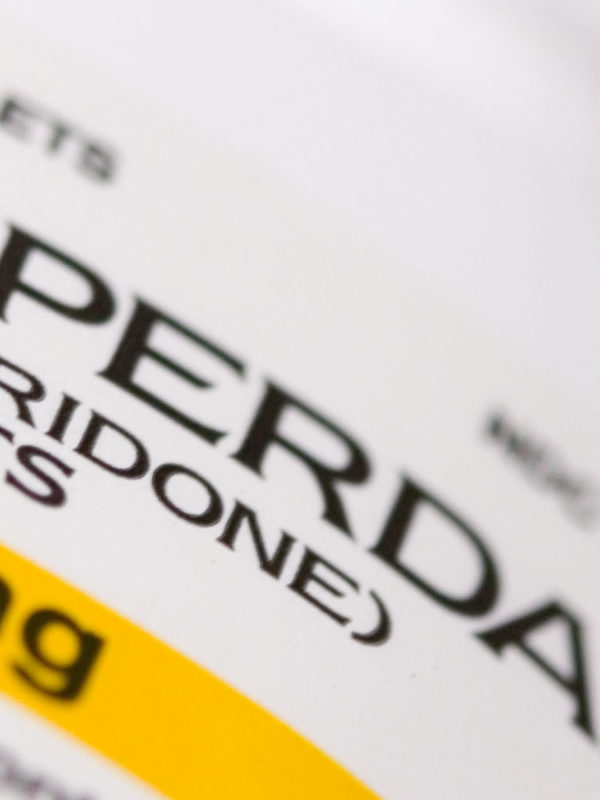Warning: A non-numeric value encountered in /home/forge/justicehawk.com/wp-content/themes/libero/framework/modules/title/title-functions.php on line 462
Invokana
Invokana is a sodium-glucose cotransporter 2 inhibitor, also referred to as a SGLT2 inhibitor. This is a class of medication that has been approved by the FDA for treating adults with type 2 diabetes by addressing low blood sugar.
However, SGLT2 inhibitors such as Invokana may also lead to a serious condition called diabetic ketoacidosis or DKA. This condition is characterized by excessive acidity of the blood. Other symptoms listed by the FDA include broken bones and kidney injuries.
However, several companies including Johnson & Johsnon (manufacturers of Invokana) continue to sell these medications without properly warning potential customers of these side effects.
Today, over 100 lawsuits against Invokana are currently awaiting trial. The plaintiffs argue that Johsnon & Johnson subsidiary Janssen Pharmaceuticals misrepresented the medication and its potential dangers, leading to serious discomfort, injury or disability among patients.
If you have been affected by this medication, then you may be entitled to compensation. Get in touch today at [PHONE] and we will gladly discuss your case free of charge and with no obligation to go ahead.
Otherwise, read on to learn more about this medication and its risks.
Side Effects
Invokana and other similar drugs have been shown to have strong links to ketoacidosis. Evidence also suggests that they impair kidney function as well as causing heart problems, brittle bones and a range of other health complications.
The symptoms of ketoacidosis include difficulty breathing, vomiting, nausea, confusion, brain fog/lack of concentration, sleepiness, fatigue and dry or flushed skin.
Likewise, damage to the kidneys from Invokana use may lead to/include kidney failure, kidney impairment, serious dehydration, kidney stones and rapid weight loss.
The FDA introduced these new kidney warnings for Invokana in 2016 as well as other similar medications and started that it may lead to hospitalization.
Symptoms of kidney injury can include decreased urine, swelling in the legs and swelling in the feet. Some patients have already filed lawsuits for kidney injury claiming that they were not properly warned of these risks.
Cardiovascular side effects are also debated among members of the FDA. Particular concern exists over a study that showed 13 cardiovascular events in a single Invokana group versus one single event in a control group (using a placebo).
There are also other concerns and in a 2013 a Congressional testimony heard Dr. Syndey Wolfe from Public Citizen (a consumer watchdog grou) argue that the risks associated with Invokana outweighed the potential benefits.
Other safety groups have since suggested that the the substance had not been properly tested at the time of FDA approval.
Other issues that the substance is linked to now include:
- Breast cancer
- Bladder cancer
- Pancreatitis
- Yeast infection
- Bone fracture
FDA Warnings
The FDA released a warning in May 2015 stating that SGLT2 inhibitors including Invokana could cause ketoacidosis. After reviewing dozens of adverse event reports, it came to the conclusion that there was a clear and significant risk.
In September that same year, the FDA revised Invokana’s labels to include information regarding bone fracture and reduced bone mineral density. In June 2016, the FDA also added a warning regarding the SGLT2 kidney side effects, based on over 100 adverse event reports. The agency also noted that renal side effects were probably still underreported and might be even more common that the records suggested.
Note that these risks are not just present for Invokana, but also for:
- Invokamet (canagliflozin/metformin)
- Jardiance (empagliflozin)
- Xigduo XR (dapagliflozin/metformin)
- Farxiga (dapagliflozin)
- Glyxambi (empagliflozin/linagliptin)
Lawsuits
Any diabetes patients who used any of these drugs and experienced negative symptoms of injuries could be entitled to lawsuit compensation to cover medical bills, lost wages, suffering, pain and funeral costs.
This may lead to the filing of a mass tort lawsuit to consolidate numerous claims for quicker pre-trial processing. This is highly likely in Philadelphia where there are now over 100 lawsuits awaiting trial.
To join the lawsuit or to find out more, get in touch for a friendly chat discussing your experiences.
Date:
April 18, 2017
Category:
Drugs





